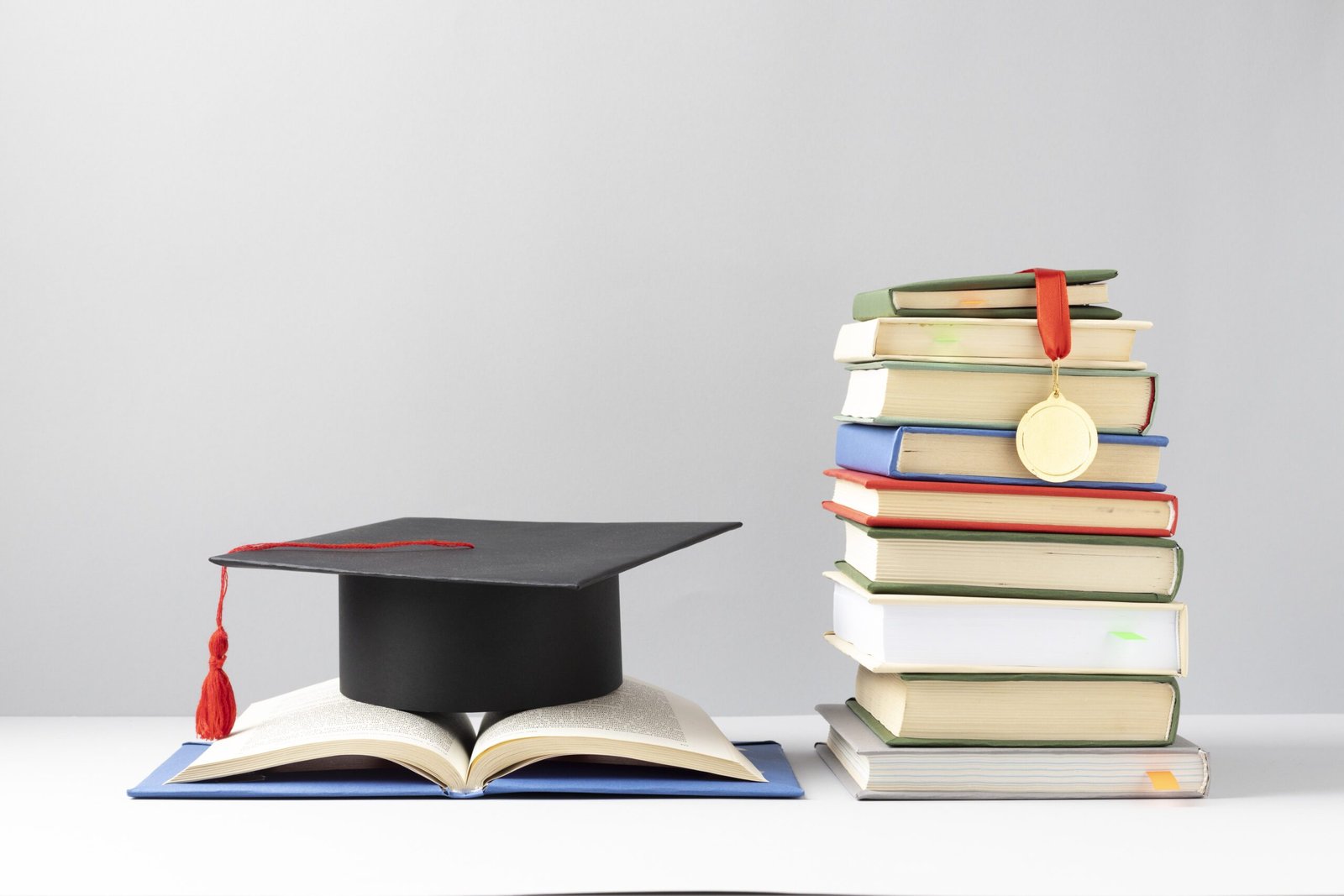Education is an ever-evolving journey that transcends the simple acquisition of knowledge. Its purpose is a complex and multifaceted phenomenon with goals that stretch far beyond classroom walls. While traditionally viewed as a means of preparing individuals for careers, education is much more profound in shaping society and personal growth.
At its core, the purpose of education encompasses not only intellectual development but also the nurturing of moral values, emotional intelligence, and social responsibility. It empowers individuals to think critically, fosters creativity, and prepares people to contribute to society in meaningful ways. Let’s explore the various dimensions of education and how its purpose contributes to both personal and societal growth.
The Purpose of Education: Beyond Just Knowledge
Education does not merely involve the transfer of information from teacher to student. Its broader purpose lies in helping individuals become well-rounded, informed, and capable members of society. Whether through formal schooling, vocational training, or personal learning experiences, education enriches lives in various ways:

- Critical Thinking Skills: The purpose of education is to teach people how to think, not just what to think. Critical thinking skills help individuals analyze information, make informed decisions, and solve complex problems in both personal and professional contexts.
- Fostering Creativity: Education encourages creativity by providing opportunities to explore different ideas, challenge assumptions, and innovate. A creative mindset is essential for adapting to the ever-changing demands of the world.
- Character Building: Education instills important moral and ethical values that guide behavior. Schools, for instance, play a significant role in teaching responsibility, respect, empathy, and integrity.
The Role of Education in Personal Development
The personal growth fostered by education is invaluable. It shapes the way individuals view themselves, their capabilities, and their place in the world. Here’s how education contributes to personal development:
- Self-awareness: Through various learning experiences, education helps individuals understand their strengths, weaknesses, and passions. This self-awareness is crucial for setting and achieving life goals.
- Emotional Intelligence: Education also plays a role in developing emotional intelligence. Learning to manage emotions, empathize with others, and work in teams are essential life skills taught in many educational settings.
- Life Skills: From communication to problem-solving, education provides the tools needed to navigate life’s challenges. These practical skills are essential for personal success and overall well-being.
The Social Purpose of Education: Building Better Communities
Education serves a critical function in society. It acts as a vehicle for social cohesion, economic growth, and political stability. Some of the societal goals of education include:
- Promoting Equality: Education is one of the most powerful tools for reducing social and economic disparities. By providing access to knowledge and skills, education enables individuals from all backgrounds to improve their lives and contribute to society.
- Civic Engagement: Educated individuals are more likely to engage in civic activities, such as voting, volunteering, and participating in community events. This involvement strengthens democracy and fosters a sense of collective responsibility.
- Economic Development: A well-educated workforce is essential for a thriving economy. Education equips individuals with the skills needed to drive innovation, increase productivity, and create new opportunities for growth.
Purpose of Education in the Modern World
As the world continues to evolve, the purpose of education also shifts. In the 21st century, education must prepare individuals to face global challenges, including technological advancements, environmental concerns, and complex social issues. Here’s how modern education addresses these challenges:
- Technological Literacy: In an age where technology plays a central role in daily life, education must equip students with the skills needed to navigate digital landscapes. This includes not only technical skills but also an understanding of ethical and societal implications.
- Global Citizenship: Education today emphasizes the importance of being a responsible global citizen. This involves understanding and respecting cultural differences, promoting sustainability, and working toward global solutions to common problems.
- Continuous Learning: The pace of change in the modern world requires individuals to be lifelong learners. Education is no longer confined to the classroom; it continues throughout life as individuals adapt to new technologies, industries, and social dynamics.
How Education Shapes Identity and Purpose
The purpose of education also involves helping individuals define their own identity and purpose in life. Whether through formal schooling or informal learning experiences, education guides individuals in understanding their role in the world. Here’s how:
- Self-Discovery: Education allows individuals to explore various fields of knowledge and interests. This exploration helps people discover their passions and potential career paths.
- Purposeful Living: By providing the tools for critical thinking and self-awareness, education empowers individuals to live with purpose. It helps people understand the importance of contributing to something greater than themselves, whether it’s through work, family, or community.

FAQs
What is the true purpose of education?
The true purpose of education extends beyond acquiring knowledge. It involves personal development, fostering creativity, critical thinking, and preparing individuals to contribute meaningfully to society.
How does education contribute to personal growth?
Education helps individuals develop self-awareness, emotional intelligence, and essential life skills. It fosters personal growth by equipping people to manage life’s challenges and pursue their passions.
What role does education play in society?
Education promotes equality, economic development, and civic engagement. It helps build stronger, more cohesive communities by preparing individuals to be informed, responsible citizens.
How has the purpose of education evolved in the modern world?
The modern purpose of education includes technological literacy, global citizenship, and lifelong learning. It prepares individuals to face complex global challenges and adapt to a rapidly changing world.
Why is critical thinking an important aspect of education?
Critical thinking allows individuals to analyze information, make informed decisions, and solve problems. It is essential for both personal success and societal progress.
Can education help individuals find their purpose in life?
Yes, education plays a key role in helping individuals discover their passions and define their purpose. By exploring different fields of knowledge and fostering self-awareness, education helps people live meaningful, purposeful lives.
Conclusion
In sum, the purpose of education is deeply rooted in both personal and societal development. It nurtures critical thinking, creativity, and emotional intelligence, while also promoting equality, economic growth, and civic engagement. As the world continues to change, so too must the goals of education, ensuring that individuals are equipped not only with knowledge but with the skills and values needed to thrive in an increasingly complex world. Whether it’s fostering personal growth, building better communities, or preparing for future challenges, education remains one of the most powerful tools for shaping a better future.






1 thought on “What Is the Purpose of Education?”